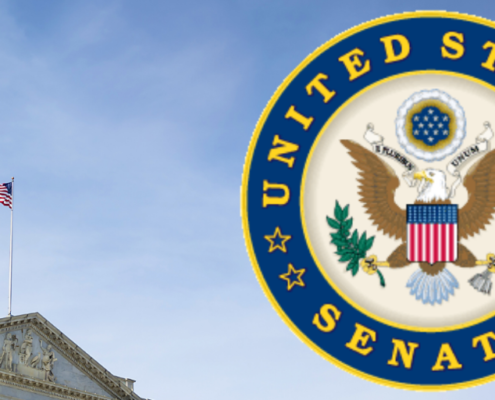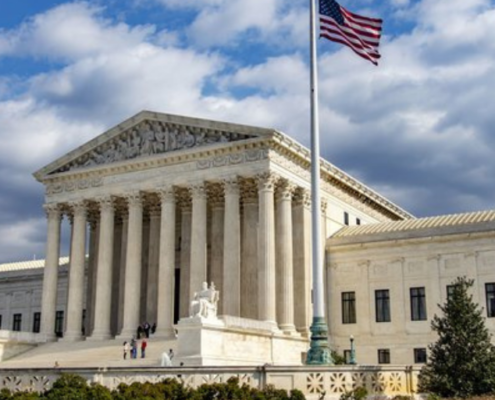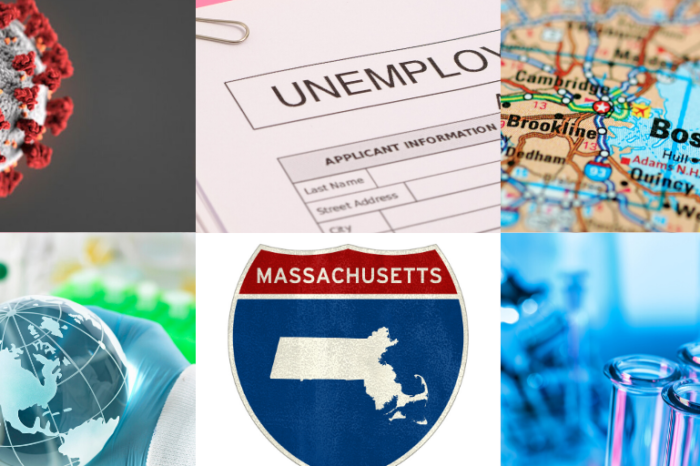New Policy Brief on Federal Relief Act’s Impact on Massachusetts
/0 Comments/in COVID Economy, Economic Opportunity, Featured, rCOVID /by Editorial StaffIn a new policy brief, Greg Sullivan and Charlie Chieppo review the impact of the Coronavirus Aid, Relief, and Economic Security Act on Massachusetts’ budget. The fund will be allocated proportionally by population, and Massachusetts is expected to receive approximately $2.67 billion. As the authors note, that won’t put much of a dent in Massachusetts expected state budget shortfall.
They also point out that Massachusetts’ unemployment insurance fund is particularly susceptible to a sudden economic recession because the Commonwealth provides the highest maximum weekly benefits in the nation, the longest benefit period in the nation, and the nation’s highest percentage of unemployed workers covered. Read the policy brief here.
Get Our COVID-19 News, Tips & Resources!
Related Content:

Jitka Borowick on Starting a Small Business during COVID

Study: Massachusetts Should Retain Additional Healthcare System Flexibility Granted During Pandemic

Blended Learning Expert Heather Staker on Student-Centered Lessons During COVID-19

“Ballast for the Ship of State” – The U.S. Senate – 40 Resources for High School Students

BU’s Dr. Farouk El-Baz on NASA’s Moon Landing, Remote Sensing, & STEM

Neptune’s Domain – Oceans, Seas, & Their Creatures- 25 Resources for K-12 Students

Origin of COVID-19: As Animal Source Evidence Eludes Scientists, Lab Leak Hypothesis Gains Purchase

Mahmud Jafri Builds on a Pakistani Legacy in America

A Republic of Laws – The U.S. Supreme Court – 40 Resources for High School Students

Study Calls for Better Reporting on Impact of COVID-19 in Eldercare Facilities



